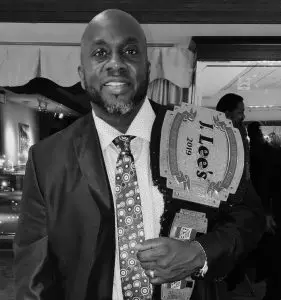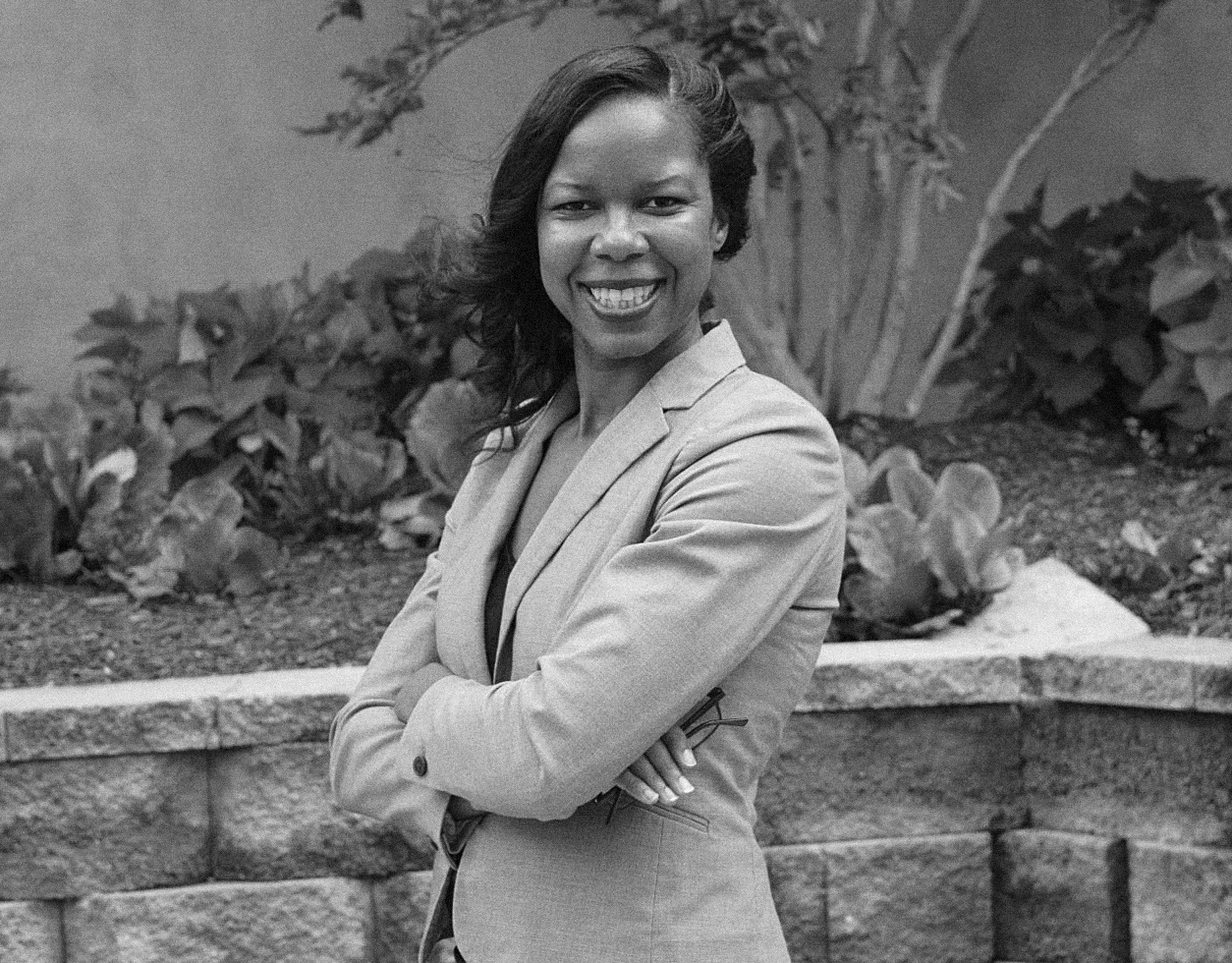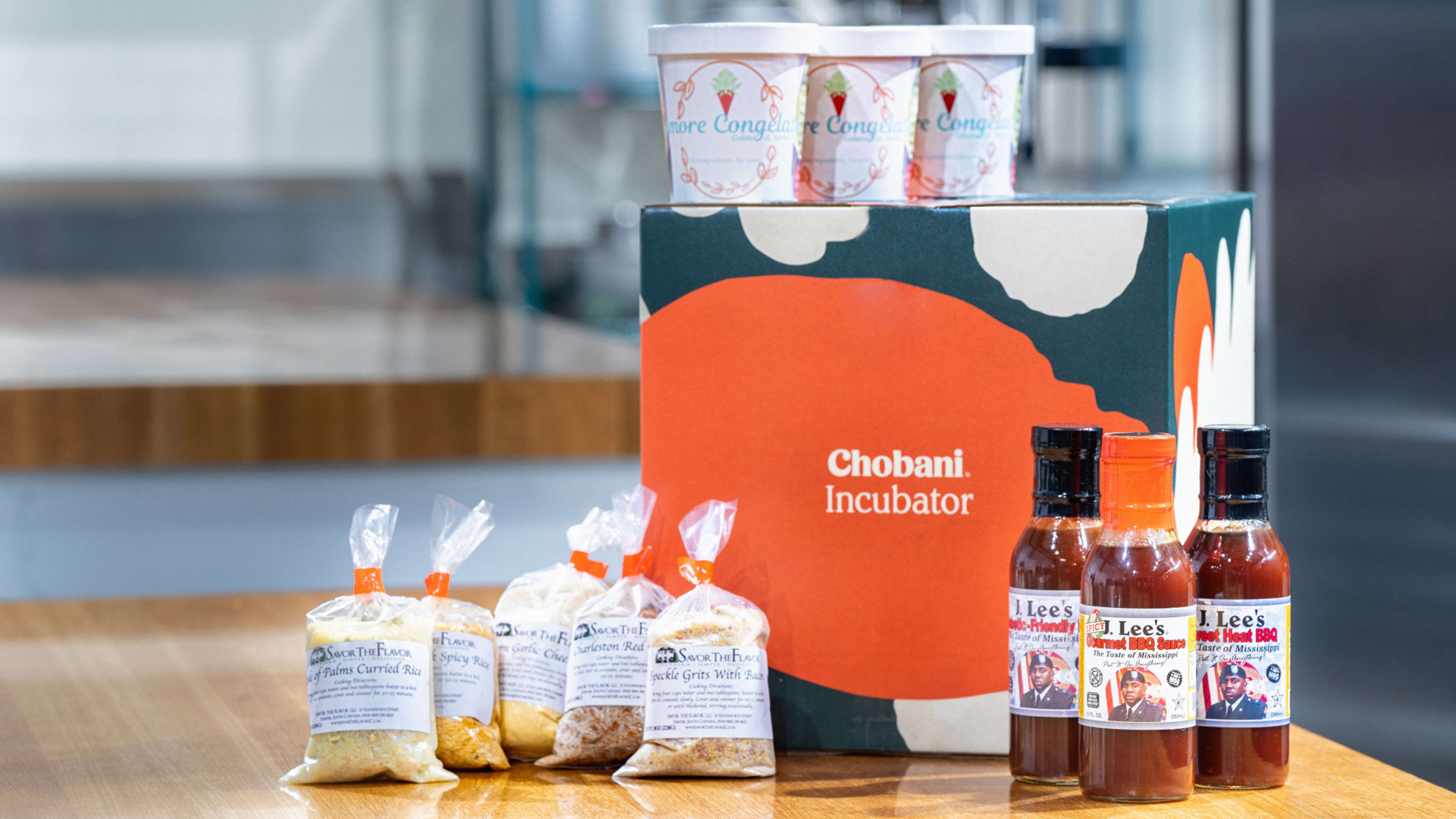In the fall of 2016, Chobani started a business incubator to provide like-minded but smaller food startups with $25,000 in equity-free funding and the coaching necessary to grow to the next level. The idea was to expand the ecosystem of socially good and health-focused companies, but Chobani, it turns out, has learned as much about its own business as the companies in the incubator have learned from Chobani.
Last year, Chobani realized its program wasn’t doing a great job reaching female and minority business owners, so it broadened its recruitment strategy. Their spring 2019 class was, in contrast, especially diverse. Next month, Chobani will use another lesson to launch its first incubator class for veterans. The move comes after analyzing the applications for its last round, which featured a pool of more than 600 companies but only 15 led by people with previous military service. “That’s such a small number relative to the number of applications that we saw,” says incubator director Zoe Feldman. “I dug a little deeper and saw that [the ones who did enter] were family-owned businesses, very small, and really representative of all demographies across America.”
Chobani’s veteran class is smaller than its previous incubators because many of the startups are so early-stage that they’ll need more specific attention. The company encouraged people to apply online and received referrals from veteran-focused nonprofits. Feldman chose a total of three companies, which came from a smaller pool of about 60 applicants.

The two other companies include Amore Congelato, a gelato and sorbet outfit whose products are sweetened with agave nectar, and which offers facts about injustice on its packaging. It was founded by Thereasa Black, a member of the Naval Reserve, and is based in Chantilly, Virginia. Savor the Flavor, a grits and rice mix company, is cofounded by Air Force veteran Carolyn Brunson Hodge. It’s based in Sumter, South Carolina, and, like Lee’s, its offerings are based on a family recipe.
Feldman points out that in some cases these companies aren’t just selling good food—they’re elevating their own cultural traditions, often from areas that the country might otherwise ignore.

“My dad gave me a base for a recipe, and I perfected [it],” says Lee, whose father was also an Army veteran. He started the company after deciding his sauce was better than so many others out there. He believes that diabetic version with agave is a better sugar substitute than the artificial sweeteners used by others. “We are not trying to just make a dollar. We are trying to give people a quality product.”
Lee is proud of his product and his military service, so much so that the bottle features a picture of him in uniform on the package. At the same time, he’s been largely bootstrapping his business since 2013 and is looking forward to meeting other entrepreneurs to compare tactics.
Chobani’s incubator will include a one-week immersion at the company’s New York headquarters in December. It plans to offer hands-on tutorials in everything from branding to website building to sales techniques for building larger distribution. It will also tap former incubator graduates who have fresh experience on the ground with things such as growing steadily and which can smartly offer their own advice and counsel.
Beyond that, the yogurt maker also knows there’s a lot it can’t understand about the veteran experience. So it’s designed this program in tandem with the Institute for Veterans and Military Families (IVMF) at Syracuse University, which will continue to offer participants access to its own entrepreneurship programming, support network, and boot camps around topics such as how to finance your business.
Vets don’t just face the readjustment of returning to civilian life after service: Many start companies in smaller towns near where they were based that aren’t necessarily the sort of food meccas that can quickly propel a small company to success. But Feldman says that veteran-based companies and the nonprofits they’ve connected with already tend to support and champion each other.
“There’s a real amount of community support and camaraderie that’s unlike anything that we’ve seen from entrepreneurs,” she says.
Recognize your brand’s excellence by applying to this year’s Brands That Matter Awards before the early-rate deadline, May 3.
